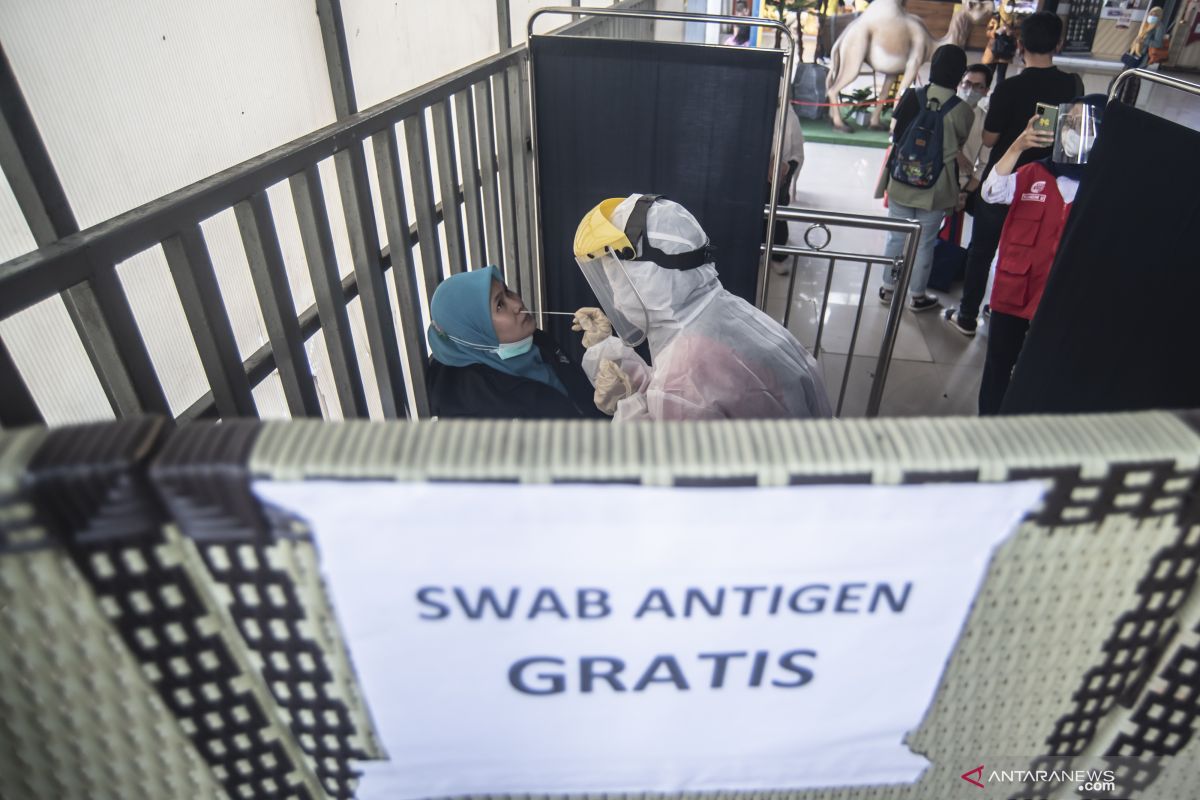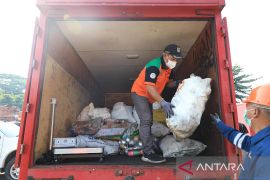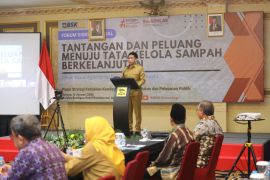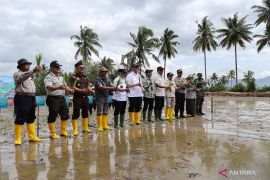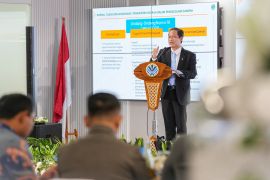Although the Jakarta government has conducted massive testing as compared to other regions, efforts to detect more suspects are still necessary, Riono emphasized during the discussion on research about SARS-CoV-2 positive antibody prevalence in Jakarta.
Focusing on suspects with symptoms and performing the right tracing process are keys to detecting more suspects with COVID-19.
"Hence, we can detect all cases that need (suspect) isolation to stop the spread," Riono noted.
The epidemiologist deemed it crucial to streamline the handling process on account of Jakarta being an open city, with residents of satellite cities commuting to Jakarta to work, for which additional efforts would be required to attain herd immunity in the city.
"If 50 percent of our tracing only involves Jakarta’s residents, we still cannot achieve herd immunity because the most important (members of the population to be tested) are those who work in Jakarta (instead). Majority (of the commuters) are not Jakarta’s residents but from satellite cities in Jabodetabek or other regions," Pandu expounded.
Head of the Health Care Section of the COVID-19 Handling Task Force Alexander K. Ginting lauded FKM UI's hard work for their research that offered information on infection transmission patterns to his task force.
"(Concerning the research), we need to first notice that the survey was conducted in March 2021, a year after (the first COVID-19 case) was announced by President Jokowi. We have begun our vaccination in March (this year), and we have already set instruments to control the pandemic through the implementation of PSBB (large-scale social restriction), PPKM (community activity restriction enforcement) 1, PPKM 2, and Micro-PPKM," Ginting stated.
The research may open up a new option to implement the 3T -- testing, tracing, treatment -- process based on the onset, or first infection, date, according to Ginting.
"(The decision to implement) emergency PPKM (currently) was based on the day's active cases, while the infection already (occurred) days before," Ginting pointed out.
"This research should uplift the spirit of the society and government to further participate in obeying health protocols and implementing 3T, especially during the emergency PPKM period (as part of our efforts) to overcome the pandemic," Ginting stated.
Earlier, research conducted by FKM UI along with Jakarta Provincial Health Office, Eijkman Institute for Molecular Biology, and CDC Indonesia indicated that 44.5 percent of Jakarta’s residents above a year in age had been exposed to COVID-19, with 41 percent of those infected being males while another 47.9 percent being females. The research result showed a higher number than the reported estimates.
The research found that the virus also affected all age groups equally, with the most affected group being the age bracket of 30-49 years, with Central Jakarta being the area with the largest population infected with COVID-19.
The research also found that most young members of the population that recovered from the virus experienced no symptoms despite being infected, while the children population was the largest group with no positive COVID-19 diagnosis despite the virus' antibodies being formed in their bodies.
Related news: Epidemiologist projects decline in COVID-19 cases in August-September
Related news: Indonesia gets over 3 mln AstraZeneca shots via COVAX
Related news: COVID-19: 1,500 oxygen concentrators sent from Shanghai to Jakarta
Translator: Suci Nurhaliza, Nabil Ihsan
Editor: Sri Haryati
Copyright © ANTARA 2021
